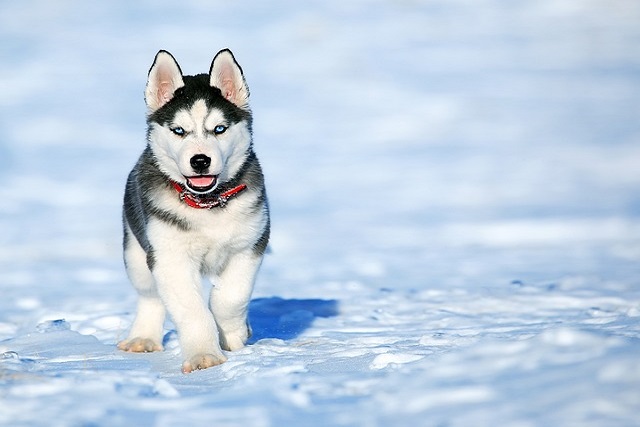
How can I tell if my dog's heatstroke is serious
Let’s be real: It’s a sticky August morning in Los Angeles, and you took your 2-year-old Golden Retriever, Max, for a walk a little later than usual
You’ve noticed it lately: your loyal old friend is practically glued to their water bowl. Where they used to sip politely, now they’re gulping down water like they just finished a desert trek. It’s natural to worry, especially when your gray-muzzled companion seems suddenly so thirsty. As dog parents ourselves, we get that pang of concern seeing changes in our senior pups. Let’s figure out what might be going on.
Science tells us that increased thirst (polydipsia) in older dogs is rarely "just aging." It’s usually a red flag waved by their body. Think about how kidneys work like sophisticated filters; as dogs age, these filters can become less efficient (kidney disease is super common in seniors!). Diseases like diabetes mellitus mean their body struggles to use sugar for energy, flushing it out – and taking loads of water with it. Even common issues like urinary tract infections (imagine that constant, irritating urge!) or Cushing’s disease (a hormonal imbalance) can make them feel parched all the time. Remember Mrs. Henderson’s Beagle, Max? She thought his sudden thirst was just summer heat, but a quick vet visit caught early kidney changes they could manage. This is step one: Don’t guess, observe. Grab a measuring cup for a day or two. Track exactly how much water your dog actually drinks (aim for ounces per pound of body weight). Note any changes in their pee habits (more volume? accidents?), appetite, or energy. Jot this down – it’s gold for your vet.
Step two is non-negotiable: Call your vet, and soon. Bring your water logs and notes. Your vet isn’t just being cautious; ruling out serious conditions like kidney failure or diabetes early is crucial for your dog’s comfort and longevity. They’ll likely run bloodwork and a urine test – standard, informative procedures. Crucially, never restrict water unless your vet specifically instructs you to do so. Dehydration is dangerous. Instead, make access easy: place multiple fresh water bowls around your home (especially near their favorite nap spots in your apartment), use stable, non-slip bowls for arthritic pups, and consider adding water to their kibble for extra intake. Clean bowls daily – fresh water tastes better!

Now, while navigating this health concern, let’s keep things above board. Ensuring your senior dog’s rabies vaccination is current isn’t just good sense; it’s the law in most US states and municipalities. Those yearly wellness checks? The perfect time for updates. On walks, arthritis might slow them down, but carrying poop bags and scooping immediately remains an absolute must – it’s basic community respect and often carries fines. Keep them leashed, especially if vision or hearing is fading; that unexpected squirrel might be harder for them to ignore safely. Patience is key. If they need to pause during a walk, let them. If accidents happen indoors due to their increased drinking, remember positive reinforcement for going outside works wonders. Yelling or old-school punishments? Completely ineffective, damaging to your bond, and frankly, frowned upon – modern training focuses on kindness and understanding, especially for our seniors. Offer plenty of praise and maybe a gentle ear scratch when they get it right.
Seeing your older dog drink excessively can be unsettling. But by understanding the potential causes, taking prompt, practical steps with your vet, and weaving in those essential responsible ownership habits, you’re giving your cherished companion the attentive, loving care they deserve in their golden years. Get that vet appointment booked – your senior buddy is counting on you.

Let’s be real: It’s a sticky August morning in Los Angeles, and you took your 2-year-old Golden Retriever, Max, for a walk a little later than usual

You're enjoying a summer afternoon at the park when you notice your dog has stopped panting and appears disoriented - their gums are bright red

Let’s paint the picture: You’re in your Denver apartment, watching your 4-year-old Boston Terrier, Ruby, plop down mid-play session with her favorite toy

Many dog owners notice their pets nails seem shorter after regular walks,but how much does this daily activity actually help?The answer depends on where you walk—concrete sidewalks or asphalt streets gently file nails as a dog's paws hit the ground

Most dog owners notice their pup scooting across the carpet at some point, but few connect it to impacted anal glands. These small sacs near a dog’s rectum secrete a scent for marking territory

Most vets agree that regular dog teeth cleaning is key to avoiding painful dental issues later. For healthy adult dogs, a professional cleaning at the vet’s office every 12 to 18 months usually works well.